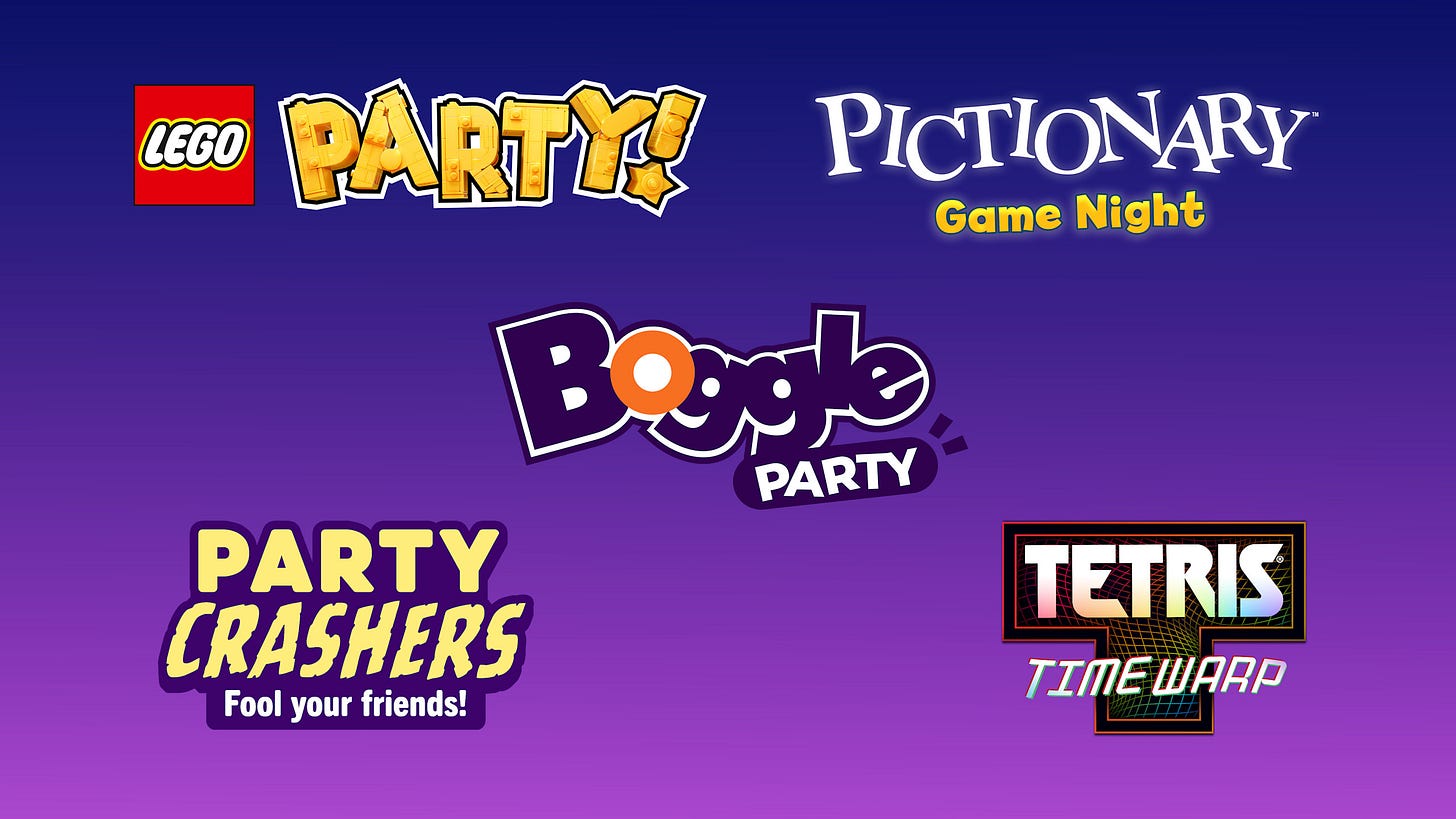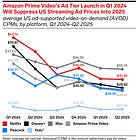Netflix Says Sora Isn't a Threat. Their Investment in Celebrity-Driven Content Says Otherwise.
Co-CEO Ted Sarandos revealed Netflix's strategy: bet on celebrities and creators as a "safe haven" while legacy IP is "not a must-have." He's validating exactly what Sora users have been proving.
[Author’s Note: I used Google’s Gemini to run game theory on the AI marketplace by comparing it to craft beer economics. It’s one of the most insightful exercises I have done, and offer new details into what’s happening in the generative AI market right now.
Platinum members: I’ve built a presentation breaking down the full analysis. Email coming soon about a Wednesday Zoom call where we’ll walk through it together.]
At the end of its Q3 earnings call, Netflix told investors Sora 2 will have minimal impact on user engagement. Other answers on the call and its Q3 2025 letter to shareholders reveal something more interesting: They are betting increasingly on celebrities and creators, and not legacy media IP.
Their answer contradicts my argument from Q2 that—after pitching its investors that“the business of culture is the business of engagement’—it now “must answer questions about whether its business of engagement can remain relevant in the face of multiple sources of disruption.” Netflix competes with Fortnite (110 million monthly active users (MAUs), which competes with ChatGPT (800 million weekly active users), which competes with YouTube (2.7 billion MAUs). They all fight for the “same prize: Capturing $20-per-month of your attention.”
In its letter to shareholders, Netflix described its competitive landscape for the first time since Q4 2023, conceding “while our strategy of focus and continuous improvement is simple, the execution is not easy.”
So is Sora 2 actually a threat? Netflix’s answers point to gaming, but the real answer lies in creator content, live sports and comedy.
Gaming Engagement
Netflix’s bet on gaming is slow to emerge. Technology research firm Omdia reported that Netflix’s video games business has only boosted user time spent by less than 0.5% over the past four years. Gaming’s failure doesn’t threaten Netflix’s core business. Revenue grew 17.2% year-over-year, and the 2% margin decline was due to a Brazil tax dispute, not gaming costs.








